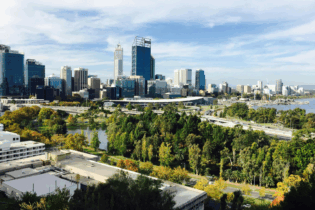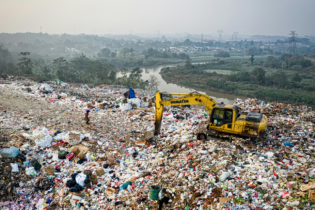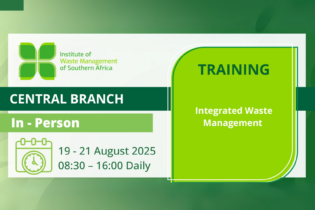Solid waste remains problematic for the country because at this point, landfill sites are not required to provide figures to the environmental department. This is about to change. According to Albi Modise, Chief Director Communications, for the Department of Environmental Affairs (DEA), it will become compulsory for landfills to disclose this information to the department because the National Waste Information Regulations will be implemented.
This is seen as the final, critical step to get a grip on the status of waste management and to boost recycling and other initiatives to reduce waste to landfill and get it to zero by 2022. Urban Earth says that “the DEA is aiming to improve the availability of waste information in South Africa by setting up an online waste information system, the South African Waste Information System (SAWIS).” Modise says that this will “provide accurate and reliable figures on tonnages of waste landfilled in the country. The information currently stored on SAWIS does not give a true reflection of waste landfilled in South Africa.”Research performed last year, the National Waste Information Baseline study, is being prepared to provide the launchpad for going forward and will be completed this month. The draft, available on the SAWIS website states that the country created 59 million tonnes of general waste and 49 million tonnes of unclassified and hazardous waste last year, however, this information must still be verified. Waste, mostly biomass waste from industry, was the highest contributor for the year with non-recyclable waste coming in second. Hot on its heels was recyclable waste.
Source: urbanearth





